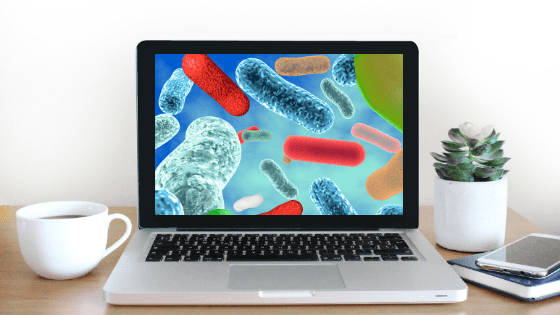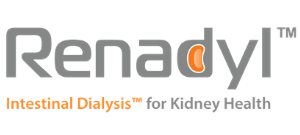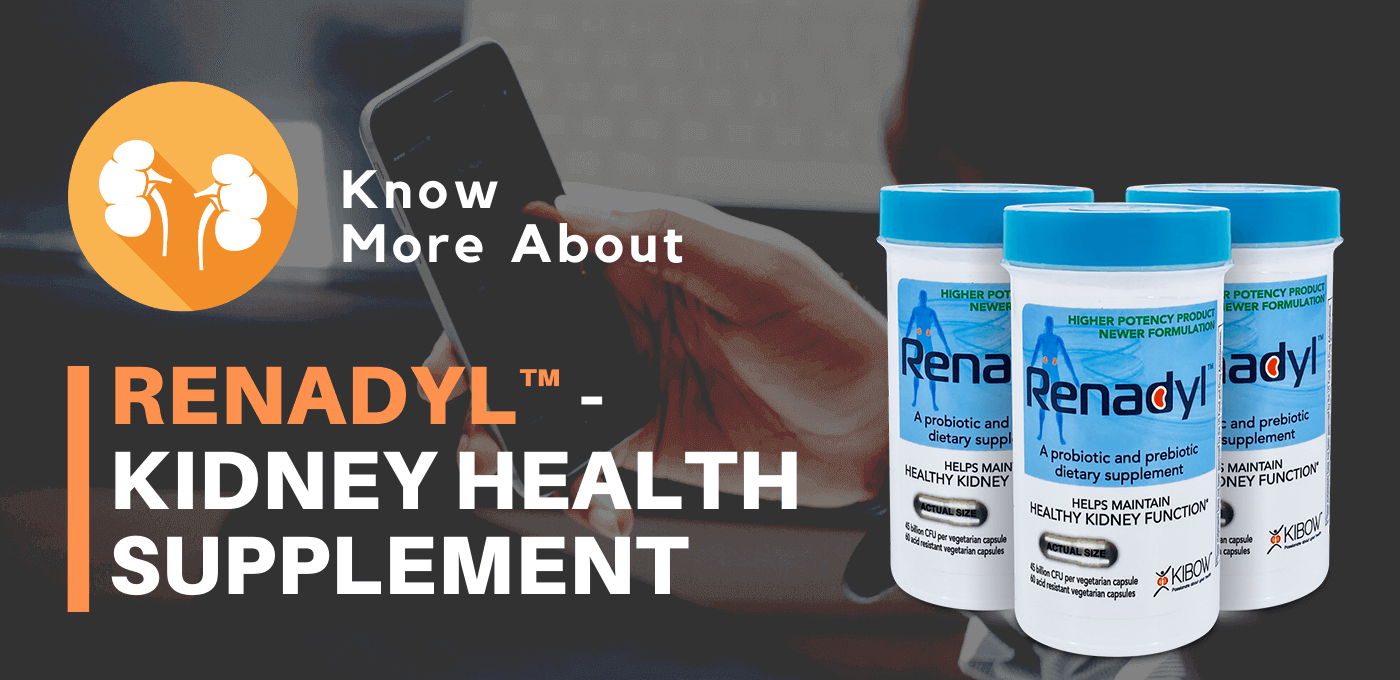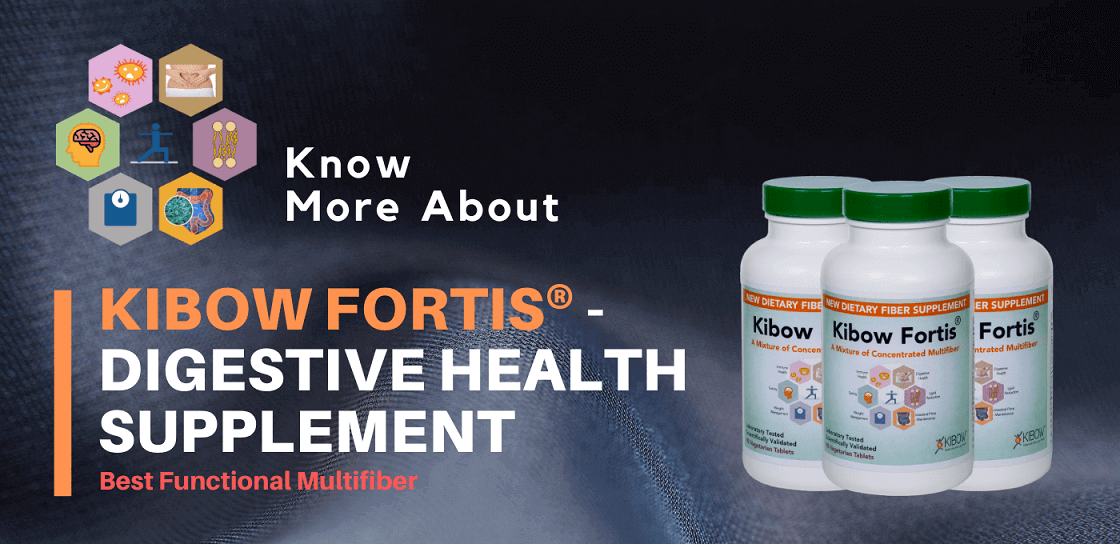How To Have A Healthy Gut
Article posted in:
Gut Health

Never in our ancestors’ wildest dreams would they have believed that billions of microorganisms live inside the human body and that they are actually helpful! In fact, bacteria weren’t discovered until 1665 by Robert Hooke and Antoni van Leeuwenhoek and were not considered very important until another 200 years had passed. But, here in 2020, we are beginning to understand that having a healthy gut full of beneficial bacteria is vitally important.
Why is a healthy gut so important?
The gut microbiome assists with a variety of important functions including digestion, immunity, and even mood! Without these little helpers, fiber wouldn’t be digested and we’d miss out on the incredible benefits of it! Short Chain Fatty Acids, or SCFAs, feed the gut barrier that keeps invading organisms out of the blood and helps the body absorb nutrients. (1) Beneficial bacteria also help immunity, simply by taking space and resources away from harmful bacteria. Additionally, up to 90% of the body’s serotonin is made in the gut and even “communicates” with stomach lining nerves. (2)

How can I develop a healthy gut ecosystem?
1. Diet
- Consume enough fiber: Humans need to consume soluble and insoluble fiber. Soluble fibers are broken into SCFAs, which also help decrease inflammation and make you feel fuller longer. Soluble fibers turn into a gel that slows digestion and helps regulate blood sugar levels. High fiber foods include fruit, vegetables, grains, and nuts.
- Drink enough water: Water flushes out bad bacteria and dead cells, making more room for the good. Without water providing this function to the gut, inflammation can occur and cause additional problems. (3)
2. Supplements
- Fiber Supplement: Closing the Fiber Gap reported that only 5% of Americans consume enough fiber. That means 95% of us are walking around without the proper fodder for the beneficial bacteria living in our intestinal tracts. (4) One of the easiest ways to ensure you’re getting the proper amount of fiber is through a fiber supplement. But, not just any fiber supplement will do. Most brands offer either soluble or insoluble fibers when you need both. Kibow Fortis™, on the other hand, offers 7 different functional fibers including soluble and insoluble.
- Probiotic Supplement: Taking a well-studied probiotic supplement is one of the easiest ways to increase the number of beneficial bacteria in your gut microbiome. If you have kidney problems, try Renadyl™. It’s the only probiotic designed to help remove uremic and nitrogenous wastes (like creatinine, urea, and uric acid). When taken consistently the microbes may help stabilize eGFR and Increase Quality of Life by helping maintain kidney function.* For a general health probiotic, try Kibow Flora™. It contains 6 clinically-studied strains of bacteria that may help restore the gut microbial balance.
3. Exercise
There is increasing evidence that exercise positively affects the gut microbiome. According to the study “Exercise Modifies the Gut Microbiota with Positive Health Effects”, “Exercise is able to enrich the microflora diversity.” This is extremely important as a high diversity of gut microbes is linked to weight-reduction, improved gut barrier, and some protection against GI disorders. (5)
4. Healthy, Happy Mind – Healthy, Happy Gut

We already know that a healthy gut communicates with the brain, but that is not a one-way street. The brain also communicates with the gut! Being stressed has a negative effect on the diversity and function of the bacteria in the gut. The study “Social-Stress-Responsive Microbiota Induces Stimulation of Self-Reactive Effector T Helper Cells” shows that stress, specifically social stress, affects which bacteria thrive. Stress can also cause bacteria to stimulate the immune system in ways that cause inflammation and damage throughout the body. (6)
Here are things you can do to help manage your stress:
- Meditation: Plenty of studies have shown that meditation has many positive effects on the body, including stress reduction! So go ahead and give it a try; just five minutes a day has shown to have helpful benefits! (7)
- Gratitude Journal: Back in college I took the course “Positive Psychology: The Science of Happiness and Well Being” and I’ll admit… I was a skeptic. I was an extremely tired and chronically depressed student that didn’t believe in any happiness flim-flam. But, as the semester went on, I found that the science was legit and it was actually working! The gratitude journal was what sealed the deal for me. In times of stress and self-doubt, I’d look over the things that I was grateful for. Now, it didn’t make things magically better but it did improve my outlook and mood which is why I continue the habit to this day.
- Talk to a Therapist: If these steps seem inadequate or aren’t working, it’s time to speak with a licensed mental health therapist. They’ll be able to provide you with the tools that you, specifically, can use to meet your goals.
5. Stop Harmful Habits
The final step in achieving a healthy gut microbiome (and overall health) is by stopping harmful habits like smoking, drinking to excess, and not getting enough sleep. If you need some help stopping bad habits and replacing them with good ones, read this Time’s article!
Works Cited
- Groschwitz, K. R., BS, & Hogan, S. P., PhD. (2009). Intestinal barrier function: Molecular regulation and disease pathogenesis. The Journal of Allergy and Clinical Immunology, 124(1), 3-20. doi:https://doi.org/10.1016/j.jaci.2009.05.038
- The Brain-Gut Connection. (n.d.). Retrieved June 11, 2020, from https://www.hopkinsmedicine.org/health/wellness-and-prevention/the-brain-gut-connection
- Panagos, A., MD. (2018, September 20). Dehydration is ruining your health and you don’t even know it. Retrieved June 11, 2020, from https://healthcareextreme.com/dehydration-is-ruining-your-health-and-you-dont-even-know-it/
- Quagliani, D., & Felt-Gunderson, P. (2016). Closing America’s Fiber Intake Gap: Communication Strategies From a Food and Fiber Summit. American journal of lifestyle medicine, 11(1), 80–85. https://doi.org/10.1177/1559827615588079
- Monda, V., Villano, I., Messina, A., Valenzano, A., Esposito, T., Moscatelli, F., . . . Messina, G. (2017). Exercise Modifies the Gut Microbiota with Positive Health Effects. Retrieved June 11, 2020, from https://www.ncbi.nlm.nih.gov/pmc/articles/PMC5357536/
- Werbner, M., Barsheshet, Y., Werbner, N., Zigdon, M., Averbuch, I., Ziv, O., . . . Avni, O. (2019, August 27). Social-Stress-Responsive Microbiota Induces Stimulation of Self-Reactive Effector T Helper Cells. Retrieved June 11, 2020, from https://msystems.asm.org/content/4/4/e00292-18
- Lam, A.G., Sterling, S.N., & Margines, E. (2015). Effects of Five-Minute Mindfulness Meditation on Mental Health Care Professionals. https://www.semanticscholar.org/paper/Effects-of-Five-Minute-Mindfulness-Meditation-on-Lam-Sterling/7a7529a9e6401679016ab78f398eaaf4487aff84

By Marlena Chesner
Marlena is a passionate science communicator who specializes in content marketing through creative storytelling. She currently works as a content, digital, and social media marketer for Kibow® Biotech, and her work has appeared in AAKP Renal Life Magazine and several blogs, including The Official Renadyl™ Blog. Marlena has a bachelor’s degree from West Chester University in Writing, with a minor in Conflict Resolution. You can reach her at Marlena@kibowbiotech.com.




Comments
Leave a Comment